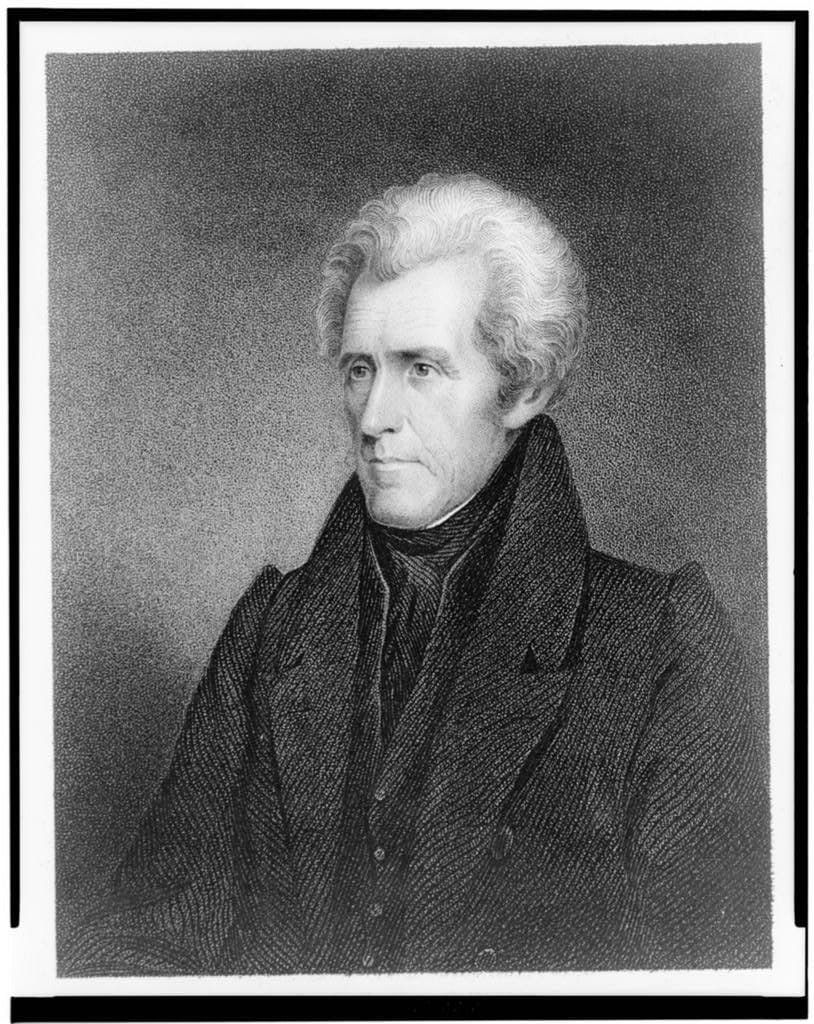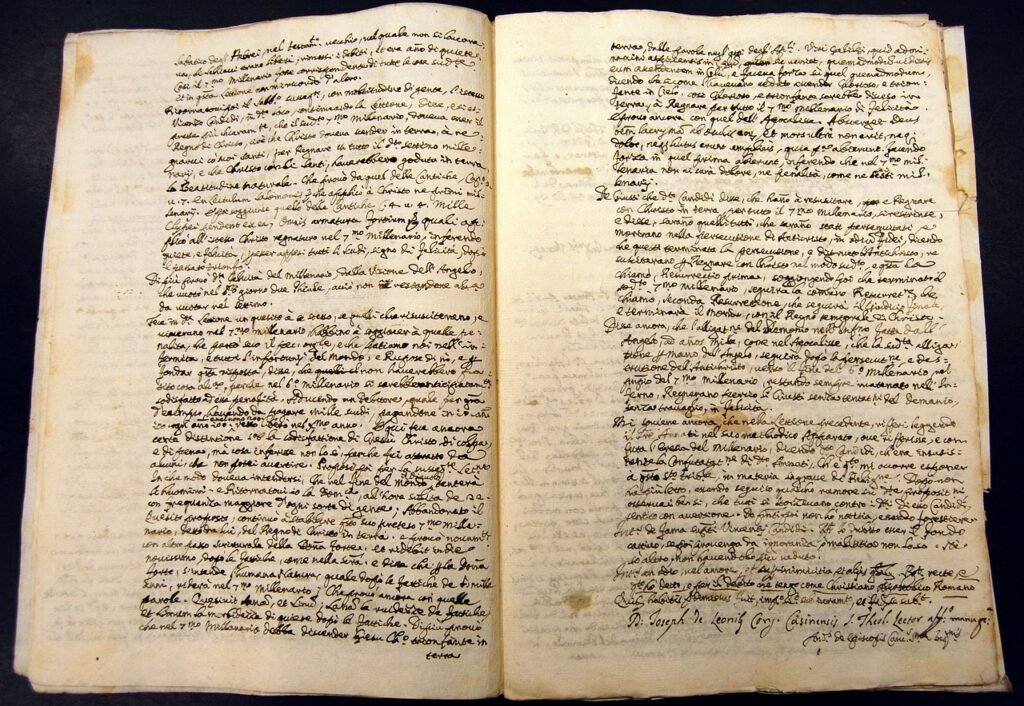




Andrew Jackson Biography
Andrew Jackson, the seventh President of the United States, was a controversial and transformative figure in American history. His presidency marked a shift in the political landscape, ushering in the era of Jacksonian Democracy. Known for his fiery personality, military prowess, and populist appeal, Jackson’s legacy is complex, encompassing both his contributions to American democracy and his contentious policies. This biography explores the life and career of Andrew Jackson, highlighting his significant impact on American politics and society.
Early Life and Background
Birth and Family
Andrew Jackson was born on March 15, 1767, in the Waxhaws region on the border between North and South Carolina. His parents, Andrew and Elizabeth Hutchinson Jackson, were Scots-Irish immigrants who had arrived in America in 1765 (Brands, 2005). Jackson was the youngest of three sons, and his early life was marked by hardship and loss. His father died before he was born, leaving his mother to raise him and his brothers in difficult circumstances.
Childhood and Education
Jackson’s childhood was shaped by the turbulent times of the American Revolution. At the age of 13, he joined a local militia and served as a courier during the war. He was captured by the British and held as a prisoner of war, an experience that left him with a deep-seated animosity towards the British (Brands, 2005). Despite these challenges, Jackson received a rudimentary education at local schools, where he developed a lifelong love of reading and learning.
Early Career and Legal Studies
After the war, Jackson studied law in Salisbury, North Carolina, and was admitted to the bar in 1787. He moved to the frontier town of Nashville, Tennessee, where he quickly established himself as a successful lawyer and landowner (Brands, 2005). Jackson’s legal career and business ventures provided him with the wealth and influence that would propel him into the political arena.
Military Career
Early Military Service
Jackson’s military career began in earnest during the Creek War (1813-1814), a conflict between American settlers and the Creek Nation. Jackson, who had been appointed a major general in the Tennessee militia, led his troops to several decisive victories, culminating in the Battle of Horseshoe Bend (Brands, 2005). His success in the Creek War earned him a reputation as a formidable military leader and set the stage for his future exploits.
The Battle of New Orleans
Jackson’s most famous military achievement came during the War of 1812, when he led American forces to victory at the Battle of New Orleans in January 1815. Despite being heavily outnumbered, Jackson’s troops decisively defeated the British, securing a major victory that bolstered American morale and national pride (Brands, 2005). The Battle of New Orleans made Jackson a national hero and catapulted him to the forefront of American politics.
Political Career
Early Political Involvement
Jackson’s political career began with his election to the U.S. House of Representatives in 1796, representing Tennessee. He later served in the U.S. Senate and as a judge on the Tennessee Supreme Court (Brands, 2005). Jackson’s early political career was marked by his advocacy for states’ rights and his opposition to the centralized power of the federal government.
Presidential Campaigns
Jackson first ran for president in 1824, a contentious election that ended in what he and his supporters called the “Corrupt Bargain.” Although Jackson won the popular vote, he did not secure a majority in the Electoral College, and the House of Representatives chose John Quincy Adams as president (Remini, 2001). Jackson’s defeat galvanized his supporters, and he ran again in 1828, winning a decisive victory and becoming the seventh President of the United States.
Presidency
Jacksonian Democracy
Jackson’s presidency marked the rise of Jacksonian Democracy, a political movement that championed the rights of the “common man” and sought to democratize American politics. Jackson’s populist appeal and his belief in the sovereignty of the people resonated with many Americans, particularly those in the western and southern states (Remini, 2001). His presidency saw the expansion of suffrage to all white male citizens, regardless of property ownership, and the establishment of the Democratic Party as a major political force.
Indian Removal Policy
One of the most controversial aspects of Jackson’s presidency was his Indian Removal policy. Jackson believed that the removal of Native American tribes from their ancestral lands in the southeastern United States was necessary for American expansion and progress. In 1830, he signed the Indian Removal Act, which authorized the forced relocation of Native American tribes to lands west of the Mississippi River (Remini, 2001). The implementation of this policy led to the tragic Trail of Tears, during which thousands of Native Americans suffered and died.
Nullification Crisis
Jackson’s presidency was also marked by the Nullification Crisis, a confrontation between the federal government and the state of South Carolina over the issue of tariffs. South Carolina, led by Vice President John C. Calhoun, declared the tariffs of 1828 and 1832 unconstitutional and refused to enforce them. Jackson, a staunch unionist, responded forcefully, issuing a proclamation asserting the supremacy of the federal government and threatening military action if South Carolina did not comply (Remini, 2001). The crisis was ultimately resolved through a compromise tariff, but it highlighted the growing sectional tensions in the United States.
Bank War
Another significant episode of Jackson’s presidency was the Bank War, a political struggle over the rechartering of the Second Bank of the United States. Jackson viewed the Bank as a symbol of elite privilege and corruption, and he vetoed its recharter in 1832 (Remini, 2001). Jackson’s opposition to the Bank and his subsequent actions to dismantle it, including the removal of federal deposits, sparked a fierce political battle and contributed to economic instability. However, Jackson’s stance resonated with his populist supporters and reinforced his image as a champion of the common people.
Later Years and Legacy
Retirement and Personal Life
After serving two terms as president, Jackson retired to his plantation, the Hermitage, near Nashville, Tennessee. Despite his retirement, he remained active in politics, advising his successors and maintaining his influence within the Democratic Party (Brands, 2005). Jackson’s personal life was marked by tragedy and controversy, including the death of his beloved wife, Rachel, shortly before he took office in 1829.
Historical Assessment and Legacy
Andrew Jackson’s legacy is complex and multifaceted. He is celebrated for his contributions to American democracy and his role in expanding the political power of ordinary citizens. His military victories and his leadership during the Nullification Crisis are often cited as examples of his strength and determination (Remini, 2001). However, Jackson’s presidency is also criticized for his harsh treatment of Native Americans, his opposition to economic modernization, and his authoritarian tendencies.
Jackson’s impact on American politics is undeniable. He transformed the presidency by expanding the power of the executive branch and establishing the precedent of the “people’s president.” His influence on the Democratic Party and his advocacy for states’ rights and limited government continue to shape American political discourse (Remini, 2001).
Final Summary
Andrew Jackson’s life and legacy are a testament to his enduring impact on American politics and society. From his early years on the frontier to his presidency and beyond, Jackson’s story is one of determination, controversy, and transformation. As a military hero, populist leader, and influential president, Andrew Jackson left an indelible mark on the United States, shaping the nation’s identity and political landscape for generations to come.
References
Brands, H. W. (2005). Andrew Jackson: His Life and Times. New York, NY: Anchor Books.
Remini, R. V. (2001). Andrew Jackson. New York, NY: Palgrave Macmillan.
